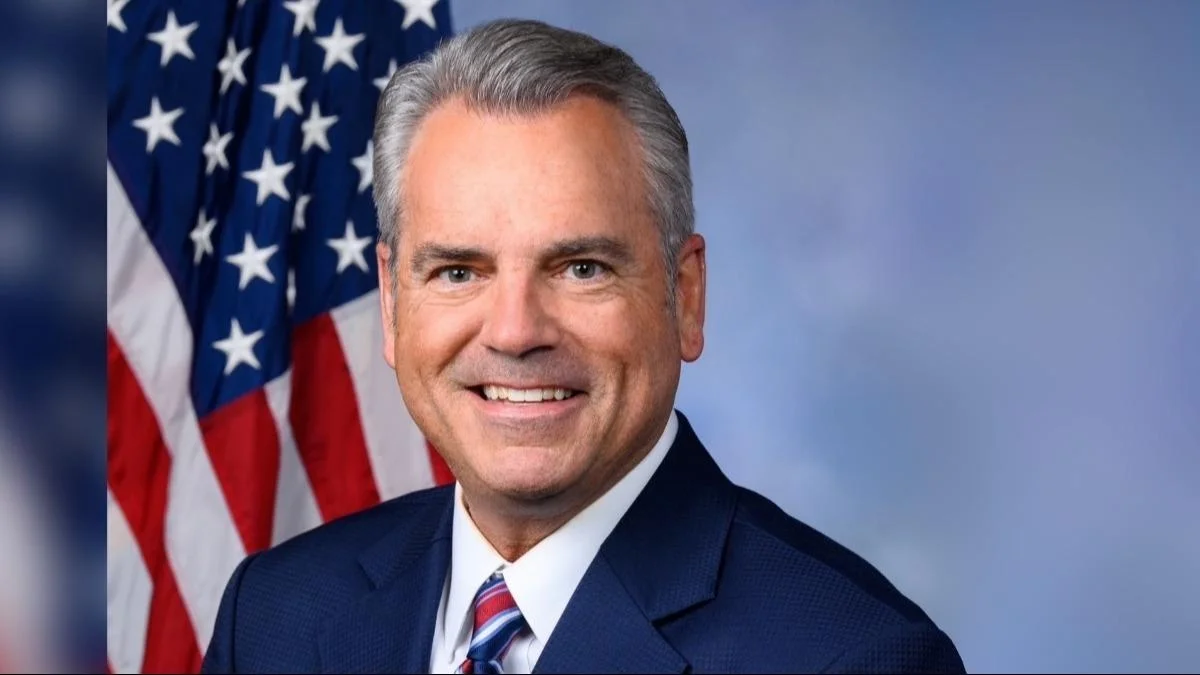Rep. Mark Alford, U.S. Representative for Missouri's 4th District | Congressman Mark Alford Official website
Rep. Mark Alford, U.S. Representative for Missouri's 4th District | Congressman Mark Alford Official website
Today, a group of lawmakers, comprising Congressmen Mark Alford (R-MO-04) and Randy Feenstra (R-IA-04), as well as Senators Pete Ricketts (R-NE) and Deb Fischer (R-NE), sent a letter to several key government officials. This communication, addressed to Agriculture Secretary Brooke Rollins, Health and Human Services Secretary Robert F. Kennedy, and Environmental Protection Agency Administrator Lee Zeldin, called for the use of "sound science and risk-based analysis" as the Make America Healthy Again (MAHA) Commission finalizes its work focusing on crop protection tools and food-grade ingredients.
The letter expresses appreciation for the leadership of these government officials and underscores the rising rates of chronic illnesses as a reason for a detailed review of existing policies to achieve better health outcomes. It emphasizes the necessity for policies that are rooted in robust scientific evaluation.
Concerns are raised regarding the perceived advancement of certain health, economic, or food security policies by environmentalists, which the letter suggests are disguised as health solutions. It argues that "regular testing by FDA and USDA finds that more than 99% of all pesticide residues meet extremely conservative limits established by EPA according to the best available science," challenging the claims of these groups.
In addition to Alford and Feenstra, the letter bore the signatures of multiple representatives, including Mike Flood (R-NE-01), Don Bacon (R-NE-02), Adrian Smith (R-NE-03), and others. Signatory senators included Steve Daines (R-MT), Mike Crapo (R-ID), Joni Ernst (R-IA), and others.
The letter advocates for protecting the Commission's work from so-called activist groups, whom the writers accuse of promoting harmful policies without scientific backing. The lawmakers warn against bans on agricultural products that could reduce yield quality and increase reliance on imports.
They assert that the pressure from activist groups is based on misleading representations, especially concerning regulated products like plant-based oils. The communication ends with a call to ensure that policy decisions remain scientifically sound, arguing that by doing so, the commission can maintain the profitability and sustainability of American agricultural producers while advancing health outcomes.



 Alerts Sign-up
Alerts Sign-up